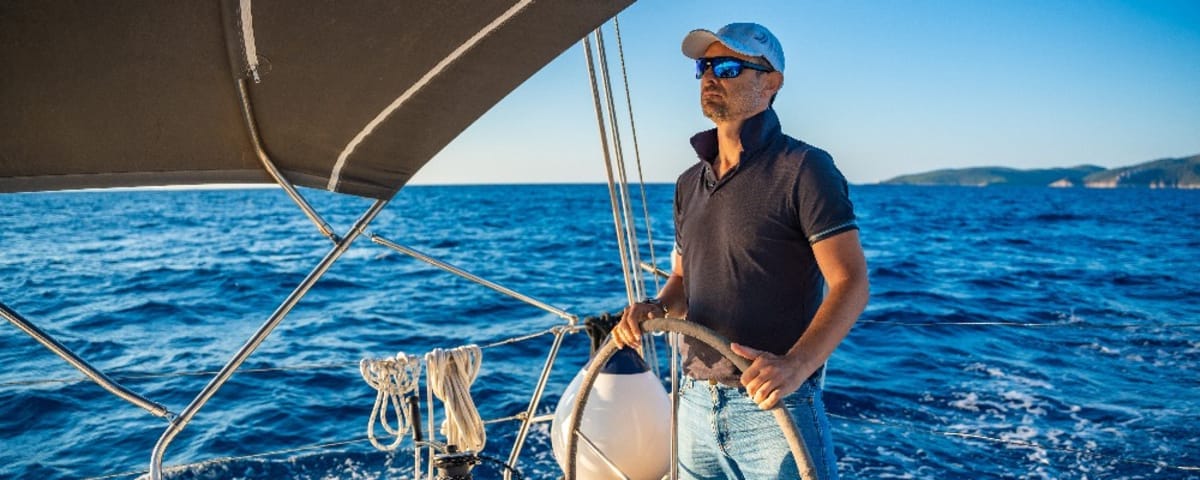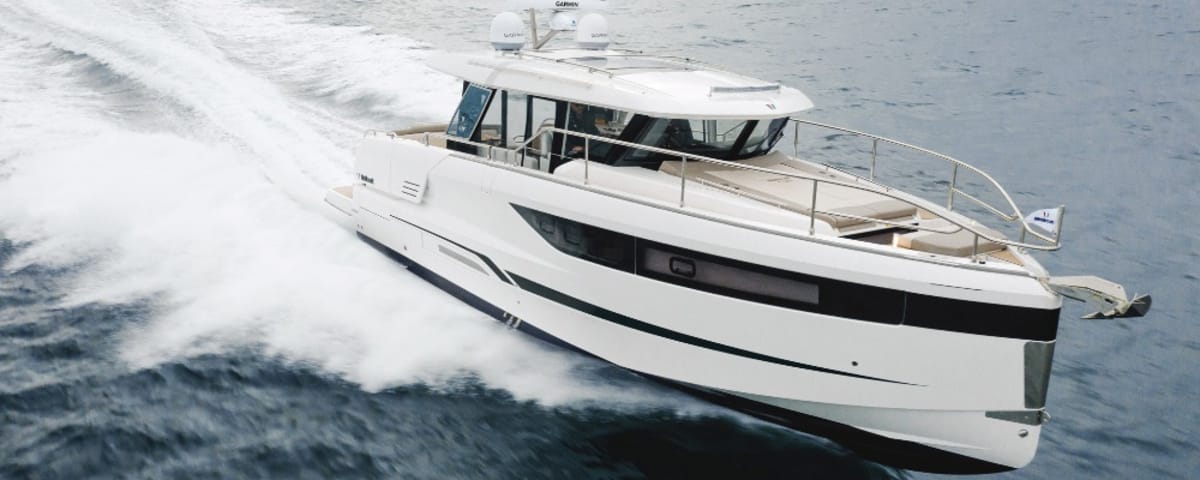New Regulations for Recreational Boats: Division 240 Updates
New regulations have been introduced concerning the required equipment for recreational boats under 24 meters. These rules, known as Division 240, focus on onboard safety and specify the necessary equipment based on the distance from a safe harbor – a place where the crew can find safety and leave on their own. Four zones are defined: basic (less than 2 nautical miles), coastal (2 to 6 nautical miles), semi-offshore (up to 60 nautical miles), and offshore (unlimited distance).
Division 240 is regularly updated to reflect technological advancements and new practices. Recent changes, implemented in October 2024, have been discussed by Alain Scriban, vice-president of the National Federation of Recreational Boating and Fishing (FNPP). The FNPP is a significant organization in the nautical world, representing over 40,000 users organized in associations along the coast. They participate in discussions concerning various issues affecting boaters.
Key Changes to Division 240
- Personal Flotation Devices: Life jackets must fit the wearer properly. Each person onboard must have a life jacket available. Children under 30 kg must wear a 100 Newton life jacket at all times.
- Compass: A compass is essential for navigation, especially in case of electrical failure. It must be waterproof, fixed to the boat, visible from the helm, and illuminated. The illumination requirement is a concern for some, as not all boats have batteries. The compass must also be properly compensated to correct for interference from metallic objects.
- Lifeline: Beyond 6 nautical miles, boaters must use a lifeline to secure themselves to the boat. In difficult conditions, this connection ensures safe movement on deck. The lanyard should be attached to a secure point, not necessarily one specifically designed for that purpose.
- VHF Radio: The VHF radio must be constantly tuned to channel 16, the safety call channel. A fixed VHF radio is mandatory beyond 6 nautical miles.
While most of these changes are well-received, the requirement for a kill switch has generated some controversy. A kill switch is a cord that connects the driver to the engine’s ignition. If the driver is ejected, the engine shuts off immediately, preventing “runaway boat” incidents.
The FNPP acknowledges the importance of safety but expresses concerns about the practicality of this measure in certain fishing situations. “We have always prioritized safety,” says Alain Scriban, “but requiring the engine to be shut off every time one leaves the helm shows a lack of understanding of our practices. In specific situations, like retrieving lobster pots or trolling at low speeds, stopping the engine is impractical, unnecessary, and even impossible. We are responsible people, capable of adapting to the circumstances, sea conditions, and the proximity of other boats. We advocate for common sense!”
Electronic kill switches offer more convenience but are expensive, costing around €300 to €400.
The FNPP also emphasizes the need for increased vigilance among scuba divers. While boaters must stay away from areas marked with the diver-down flag, divers must also improve their visibility. The FNPP is conducting an awareness campaign among its members to promote safe diving practices.
For further information, consult your insurance provider.
Before heading out to sea, always check the weather forecast.
Enjoyed this post by Thibault Helle? Subscribe for more insights and updates straight from the source.


